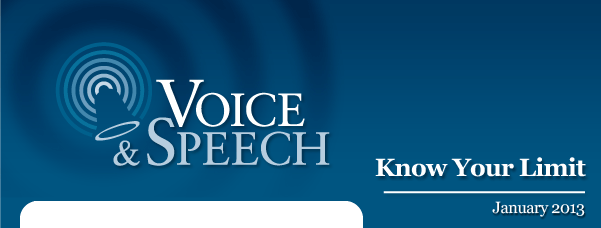Keep It Short
Antidotes for Going Over Time
Okay, here goes, my most embarrassing experience as a speaker. I was in my early twenties, fairly new at public speaking, and probably assuming that anything I had to say was interesting. I’d been asked to speak for thirty minutes. So I dug in, did my research, collected twelve pages of notes (there’s a red flag)—and spoke for one and a half hours. It was just awful. People walked out. I wanted to die. But I just didn’t know how to stop. So I trudged all the way through to the miserable end. That memory still makes me cringe.

The ability to keep it short and stay within the allotted time is one skill many public speakers fail to take seriously. Perhaps there’s an assumption that, once you have the floor, it’s okay to take all the time you need to say whatever’s on your mind. That’s like the presenter’s equivalent of a squatter. But if you’re really there with a commitment to your listeners, your ability to deliver the core message with clarity and effectiveness will supersede the tendency to cram as much content as possible into a limited time period.
Ultimately, rambling and going over time demonstrates a lack of preparation. Knowing your subject matter like the back of your hand doesn’t automatically translate into an ability to express it well. To keep it short, you have to know how you’re going to say it. Going over time demonstrates a lack of rehearsal. If you’ve never run through your speech out loud, you have no idea how long it will take. There’s no other reliable way to know. Finally, going over time demonstrates a lack of attention. Public speaking requires multi-tasking, and one of those tasks is to manage your time. Losing track of time might be a good sign if you’re the listener—but not if you’re the speaker.
Here are three tips to help you keep it short and avoid going over time as a speaker. First, crystallize your message. Can you summarize your presentation in one sentence? What are the three crucial points you must convey? If the speaker ahead of you eats into your time, or your boss interjects questions that must be answered, that clarity and structure enables you to adapt, cover the important information and still finish on time.
Second, rehearse your presentation out loud. Reading through the material isn’t the same. What looks like five minutes worth of notes can easily turn into fifteen minutes of speech. And what looks concise as a bullet point can inexplicably emerge as an incoherent ramble. You don’t want to discover those problems for the first time, during the performance.
|
